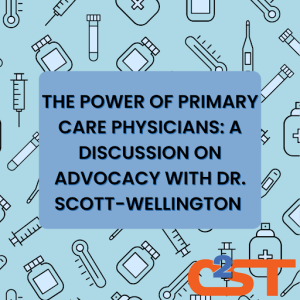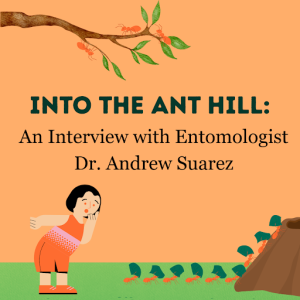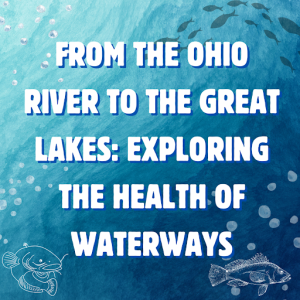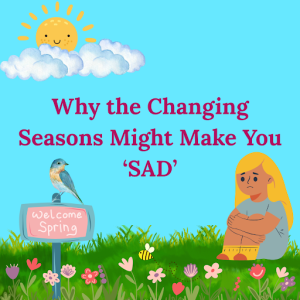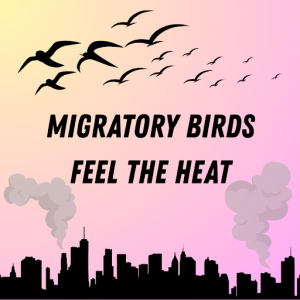Fork in the Road: Exploring the Impacts of Plant-Based and Animal-Based Diets
By Allis Emmet, C2ST Intern, DePaul University
In the past decade or so, plant-based diets have shifted from niche to mainstream. Oat milk, cauliflower wings, Green Goddess salads, Beyond Beef— and the list goes on. But what is motivating this trend? In the U.S., our food production takes up a massive amount of our natural resources—50% of our land, 80% of our fresh water, and 17% of our fossil energy. While this includes all forms of agriculture, the meat and dairy industries use the most resources by far. The majority of cropland in the U.S. is used to grow food for livestock, not people. Any clue how many livestock are bred in the U.S. each year? The yearly livestock population is around 9 billion, which weighs 5 times as much as the U.S. human population! In effect, animal agriculture requires an abundance of energy yet yields less in comparison to plants.
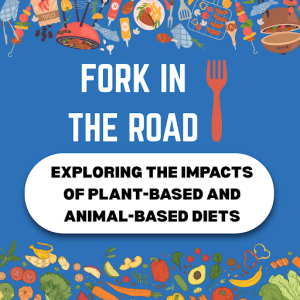
Continue reading “Fork in the Road: Exploring the Impacts of Plant-Based and Animal-Based Diets”
